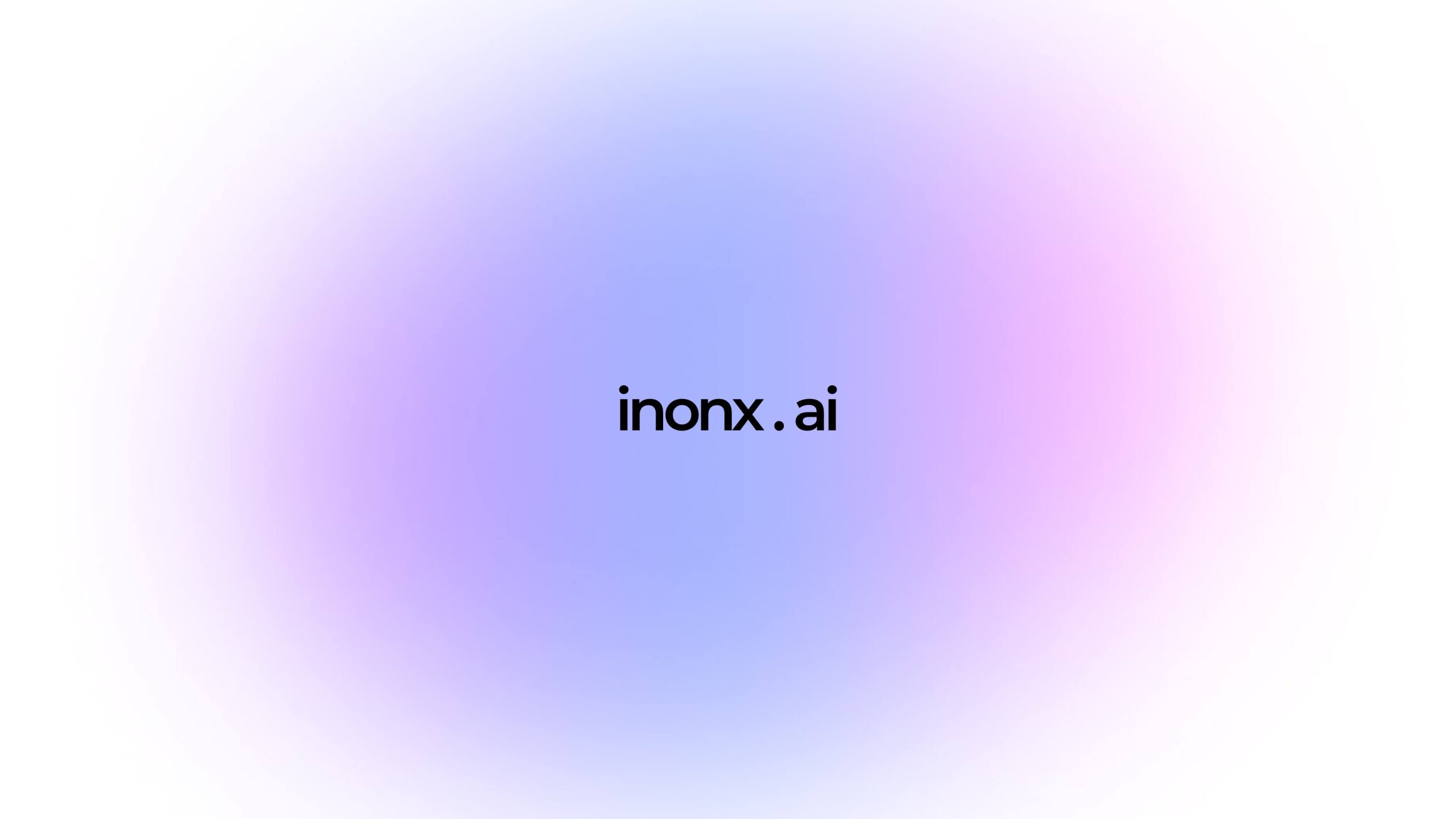In the dynamic world of digital marketing, staying ahead requires not only creativity but also efficiency. Enter AI-generated content: a game-changing technology that’s reshaping how businesses approach their marketing strategies. This article explores the impact of automated content generation, specifically utilizing GPT models, on the digital marketing landscape.
Understanding Automated Content Generation
At its core, automated content generation involves using algorithms to create text based on input data. While the concept may sound futuristic, it is already a foundational element of digital marketing. With advancements in Natural Language Processing (NLP) and large language models like GPT (Generative Pre-trained Transformer), AI can now craft content that is not only coherent but also tailored to specific audience needs.
The Rise of GPT Models
GPT models, developed by OpenAI, represent a significant leap in AI capabilities. GPT-3, for example, is trained on vast amounts of text and can generate human-like content in various formats, including articles, blogs, and even poetry. Let’s look at how this technology can be effectively employed for content generation in marketing.
Getting Started with AI-Generated Marketing Content
For Beginners
If you’re new to the world of AI and content generation, here’s a simple guide to help you start:
- **Identify Your Goals**: Determine what types of content you need, such as blog posts, social media updates, or SEO articles.
- **Choose the Right Tools**: Explore platforms like OpenAI’s GPT-3, Jasper, or Writesonic, which make AI content generation accessible to non-developers.
- **Provide Clear Inputs**: For the best results, give AI clear guidelines on the topic, tone, and audience.
For Developers
Developers interested in integrating GPT models into their applications can leverage OpenAI’s API. Here’s a basic example of using the GPT-3 API to generate blog content:
import openaiopenai.api_key = 'your-api-key'
response = openai.Completion.create(
engine="text-davinci-003",
prompt="Write a blog post about the benefits of AI in marketing.",
max_tokens=600
)
print(response.choices[0].text.strip())
This code snippet showcases how to fetch AI-generated content and can be expanded with additional features like keyword integration and tone adjustments.
For Industry Professionals
As an industry professional, understanding the strategic implications of AI-generated content is crucial. Recent studies indicate that companies utilizing automated content generation can save time and increase output by over 50%. For instance, major brands like HubSpot and The Washington Post have successfully incorporated AI into their workflows, enhancing content creation without sacrificing quality.
The Impact of AI-Generated SEO Content
SEO remains pivotal for any digital marketing strategy, and AI-generated content offers a unique advantage. The ability to analyze search trends and optimize content in real-time not only streamlines the SEO process but also enhances the relevancy of the produced content. AI can analyze large datasets to predict which keywords will perform well, allowing marketers to align their strategies accordingly.
Case Study: AI in Action
Consider the case of a small e-commerce brand that struggled with creating regular blog content. By implementing an AI content generation tool, they were able to automate the production of SEO-optimized articles. Within three months, the brand noticed a 40% increase in organic traffic and a 30% boost in sales, demonstrating the tangible benefits of automated content generation.
Challenges and Considerations
While AI-generated content offers numerous benefits, it is not without its challenges. Here are a few considerations:
- **Quality Control**: AI can generate content quickly, but ensuring the consistency and quality of tone and style still requires human oversight.
- **Ethical Considerations**: The use of AI in content creation raises questions about originality and plagiarism. Marketers need to ensure that AI-generated content adheres to ethical standards.
- **SEO Best Practices**: While AI can optimize for SEO, understanding the nuances of algorithm changes and user intent is still critical.
The Future of Content Generation in Marketing
The landscape of digital marketing is ever-evolving, and AI-generated content is poised to play a significant role in its future. Innovations like contextual understanding and emotional intelligence in content generation could lead to more personalized marketing strategies.
Looking Ahead
As technology continues to advance, we can expect to see an increased emphasis on AI-generated content that not only speaks the language of SEO but also resonates with human emotions and experiences. Brands that embrace this technology will likely have a competitive advantage in engaging their audiences effectively.

Final Thoughts
AI-generated content is not just a trend but a monumental shift in how businesses operate in the digital space. By understanding how to effectively use this technology, marketers, developers, and industry professionals can transform their content strategies, improve efficiency, and adapt to an ever-changing market landscape. The future is here, and it’s powered by AI.
